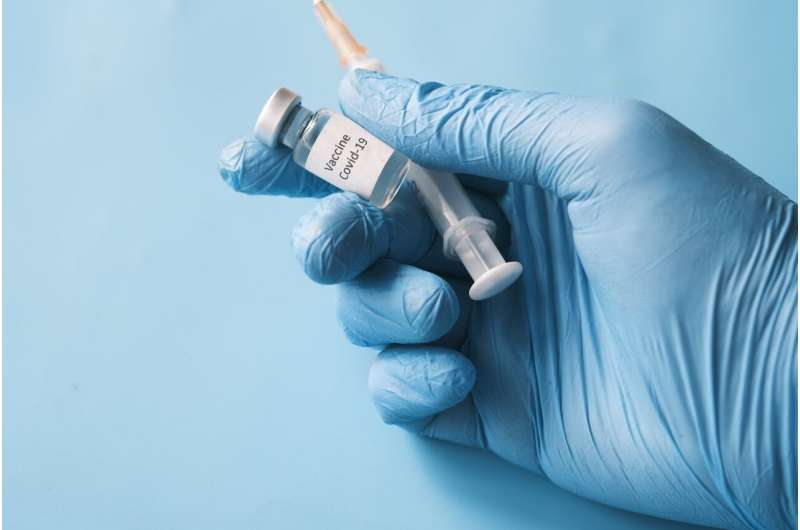Evaluating the Value of Multicancer Screening Tests: Critical Questions Before Proceeding

Learn about the potential and limitations of multicancer screening tests, and important questions to ask before considering such tests for early cancer detection.
The pursuit of a simple blood or saliva test that can detect multiple types of cancer before symptoms arise represents a significant goal in modern medicine. Such a test would enable healthcare providers to screen for and treat cancers at an earlier stage, potentially improving patient outcomes. Dr. Lisa Stempel, director of the high-risk cancer screening program at Rush University Medical Center, emphasizes that the primary purpose of screening is early detection to facilitate timely treatment.
However, the concept of an all-encompassing early-detection test for multiple cancers remains elusive. Despite ongoing efforts, no regulatory authority in the United States has approved such a test, primarily due to the many limitations and uncertainties associated with current testing methods. Many hospitals and doctors are nonetheless employing unapproved, often expensive, tests to screen patients, which raises concerns about accuracy and security.
Patients interested in early detection should ask critical questions before undergoing multicancer screening:
Is this test appropriate for my specific age, health status, and risk profile?
Cancer risk increases with age, making screening potentially more beneficial for older populations. Tests designed for the general population may not be suitable for younger individuals without risk factors.Does this test accurately identify those with cancer?
A useful screening test should have high sensitivity, meaning it detects most cases of cancer when present. A test that frequently misses existing cancers diminishes its overall usefulness.Does this test produce many false positives?
High false-positive rates can lead to unnecessary anxiety, further invasive procedures, and additional costs. Specificity, or the ability to correctly identify those without disease, is critical.What are the false positive and false negative rates?
Understanding the likelihood of incorrect results helps in assessing the test’s reliability. A false positive can cause undue stress and unnecessary treatment, while a false negative might delay diagnosis.Will this testing truly extend my life?
The ultimate aim of screening is to improve survival. While early detection can benefit certain cancers, there is no conclusive evidence that multicancer screening currently prolongs survival for most types. Biases like lead-time bias can make survival seem improved without actual life extension.
While single-cancer screening (e.g., for breast, cervical, or prostate cancer) has demonstrated survival benefits, multicancer tests have yet to meet this standard. Anecdotal reports of life extension from early multicancer detection should be viewed with caution, as rigorous evidence remains absent.
In conclusion, the promise of multicancer testing is appealing, but it requires careful evaluation. Patients should consider these critical questions and consult with healthcare professionals to make informed decisions about early detection strategies. Until more definitive evidence becomes available, approaches should be taken cautiously.
source: https://medicalxpress.com/news/2025-09-multicancer-valuable-screened.html
Stay Updated with Mia's Feed
Get the latest health & wellness insights delivered straight to your inbox.
Related Articles
Innovative Stroke Risk Calculator Enhances Prediction for Atrial Fibrillation Patients
A groundbreaking blood test-based risk calculator improves prediction accuracy for stroke in atrial fibrillation patients, aiding personalized treatment decisions.
COVID-19 Vaccination During Pregnancy Leads to Improved Neonatal Outcomes Without Increased Maternal Risks
Research shows COVID-19 vaccination during pregnancy reduces infection risk and improves neonatal outcomes without increasing maternal health risks, supporting its safety and efficacy.
Community-Driven Overdose Data Dashboard Enhances Real-Time Surveillance
Innovative overdose dashboards are providing communities with real-time data on overdose patterns and resources, enabling better public health responses and decision-making.
Impact of Blood Pressure Control on Heart Health Varies by Education Level
A study reveals that the cardiovascular benefits of intensive blood pressure management vary across different education levels, highlighting social determinants' role in heart health.



